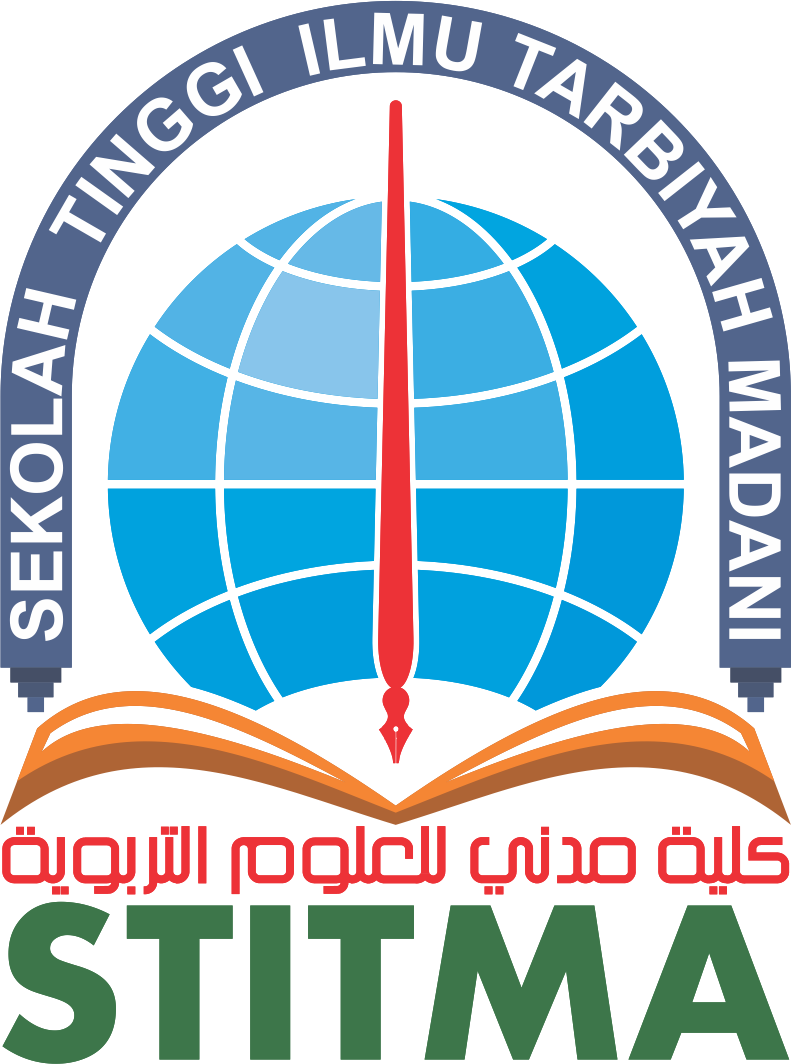Integrating Artificial Intelligence in Personalized Learning: A Future-Oriented Approach to Enhance Student Engagement and Achievement
DOI:
https://doi.org/10.59944/postaxial.v2i2.299Keywords:
Artificial Intelligence (AI), Personalized Learning, Student Engagement, Academic Achievement, Educational TechnologyAbstract
This study explores the integration of Artificial Intelligence (AI) in personalized learning and its impact on student engagement and achievement. Utilizing a qualitative research design, specifically a case study approach, we gathered data through in-depth interviews, participant observations, and document analysis involving students and teachers from various educational levels. The findings reveal that AI tools significantly enhance personalized learning by customizing learning paths, providing real-time feedback, and facilitating differentiated instruction. Students reported increased engagement and improved academic performance due to the interactive nature and adaptive capabilities of AI-driven platforms. Teachers highlighted the importance of professional development and support to effectively implement these technologies. However, challenges such as technical issues, data privacy concerns, and the steep learning curve associated with new AI tools were also identified. Despite these limitations, participants were optimistic about the future potential of AI in education and suggested improvements for better curriculum integration and user-friendly interfaces. The study emphasizes the need for robust technical infrastructure, clear ethical guidelines, and continuous innovation to maximize the benefits of AI in personalized learning. The implications of these findings suggest that AI has the potential to transform educational practices by creating more engaging, effective, and individualized learning experiences. Future research should focus on addressing the identified challenges and exploring the long-term impacts of AI integration in diverse educational contexts.
References
Al-Badi, A., & Khan, A. (2022). Perceptions of learners and instructors towards artificial intelligence in personalized learning. Procedia Computer Science, 201, 445–451.
Ayeni, O. O., Al Hamad, N. M., Chisom, O. N., Osawaru, B., & Adewusi, O. E. (2024). AI in education: A review of personalized learning and educational technology. GSC Advanced Research and Reviews, 18(2), 261–271.
Basham, J. D., Hall, T. E., Carter Jr, R. A., & Stahl, W. M. (2016). An operationalized understanding of personalized learning. Journal of Special Education Technology, 31(3), 126–136.
Bernacki, M. L., Greene, M. J., & Lobczowski, N. G. (2021). A systematic review of research on personalized learning: Personalized by whom, to what, how, and for what purpose (s)? Educational Psychology Review, 33(4), 1675–1715.
Bulger, M. (2016). Personalized learning: The conversations we’re not having. Data and Society, 22(1), 1–29.
Chang, J., & Lu, X. (2019). The study on students’ participation in personalized learning under the background of artificial intelligence. 2019 10th International Conference on Information Technology in Medicine and Education (ITME), 555–558.
Dandachi, I. El. (2024). AI-powered personalized learning: Toward sustainable education. In Navigating the Intersection of Business, Sustainability and Technology (pp. 109–118). Springer.
Grant, P., & Basye, D. (2014). Personalized learning: A guide for engaging students with technology. International Society for Technology in Education.
Grivokostopoulou, F., Perikos, I., & Hatzilygeroudis, I. (2014). Using semantic web technologies in a web based system for personalized learning AI course. 2014 IEEE Sixth International Conference on Technology for Education, 257–260.
Hashim, S., Omar, M. K., Ab Jalil, H., & Sharef, N. M. (2022). Trends on technologies and artificial intelligence in education for personalized learning: systematic literature. Journal of Academic Research in Progressive Education and Development, 12(1), 884–903.
Iqbal, M. (2023). AI in education: Personalized learning and adaptive assessment. Cosmic Bulletin of Business Management, 2(1), 280–297.
Jian, M. (2023). Personalized learning through AI. Advances in Engineering Innovation, 5(1).
Kaswan, K. S., Dhatterwal, J. S., & Ojha, R. P. (2024). AI in personalized learning. In Advances in Technological Innovations in Higher Education (pp. 103–117). CRC Press.
Kolchenko, V. (2018). Can modern AI replace teachers? Not so fast! Artificial intelligence and adaptive learning: Personalized education in the AI age. HAPS Educator, 22(3), 249–252.
Pataranutaporn, P., Danry, V., Leong, J., Punpongsanon, P., Novy, D., Maes, P., & Sra, M. (2021). AI-generated characters for supporting personalized learning and well-being. Nature Machine Intelligence, 3(12), 1013–1022.
Pratama, M. P., Sampelolo, R., & Lura, H. (2023). Revolutionizing education: harnessing the power of artificial intelligence for personalized learning. Klasikal: Journal of Education, Language Teaching and Science, 5(2), 350–357.
Rad, P., Roopaei, M., Beebe, N., Shadaram, M., & Au, Y. (2018). AI thinking for cloud education platform with personalized learning.
Shemshack, A., Kinshuk, & Spector, J. M. (2021). A comprehensive analysis of personalized learning components. Journal of Computers in Education, 8(4), 485–503.
Shemshack, A., & Spector, J. M. (2020). A systematic literature review of personalized learning terms. Smart Learning Environments, 7(1), 33.
Shoaib, M., Sayed, N., Singh, J., Shafi, J., Khan, S., & Ali, F. (2024). AI student success predictor: Enhancing personalized learning in campus management systems. Computers in Human Behavior, 158, 108301.
Somasundaram, M., Junaid, K. A. M., & Mangadu, S. (2020). Artificial intelligence (AI) enabled intelligent quality management system (IQMS) for personalized learning path. Procedia Computer Science, 172, 438–442.
van der Vorst, T., & Jelicic, N. (2019). Artificial Intelligence in Education: Can AI bring the full potential of personalized learning to education?
Vandewaetere, M., & Clarebout, G. (2014). Advanced technologies for personalized learning, instruction, and performance. Handbook of Research on Educational Communications and Technology, 425–437.






